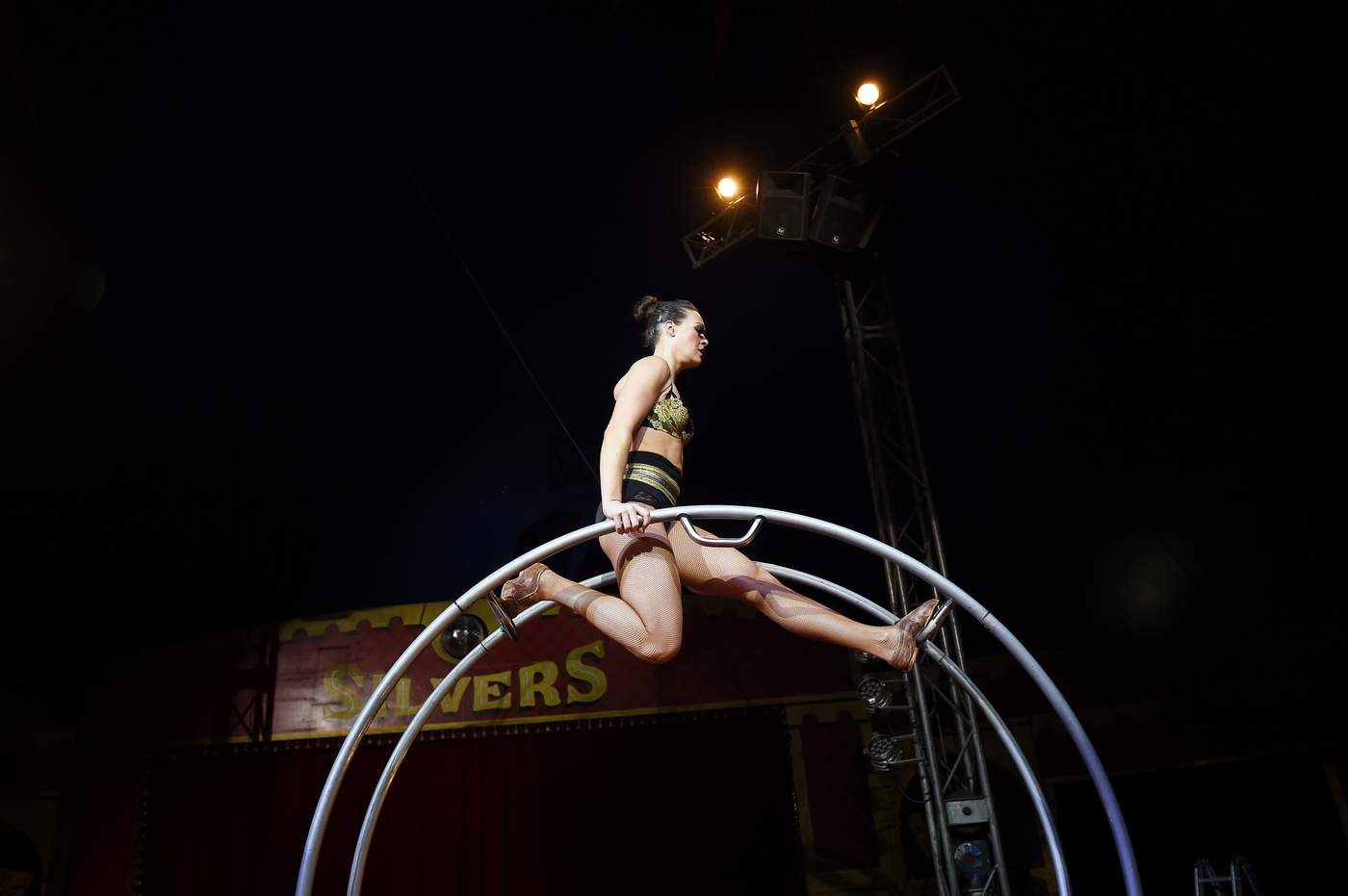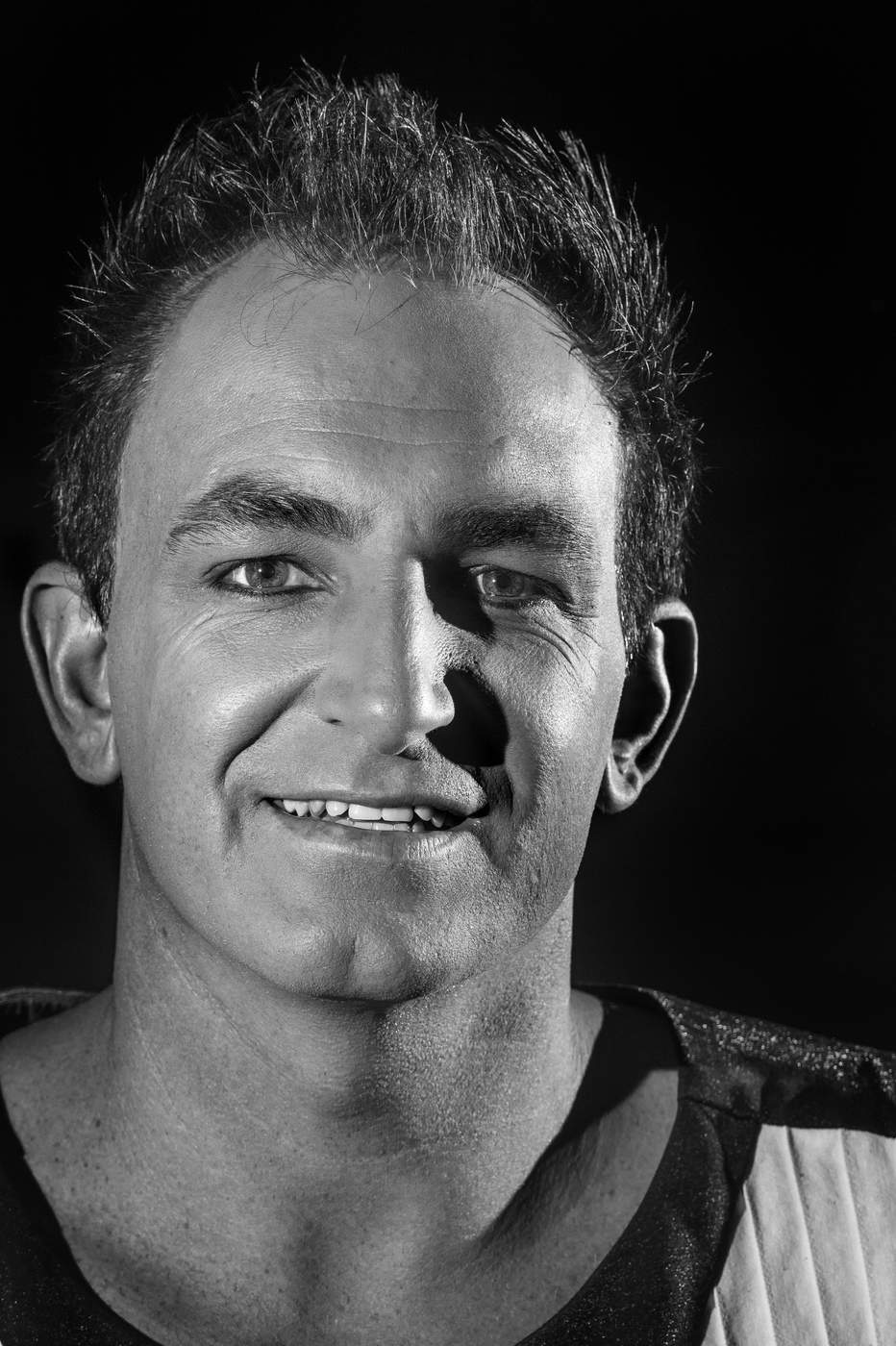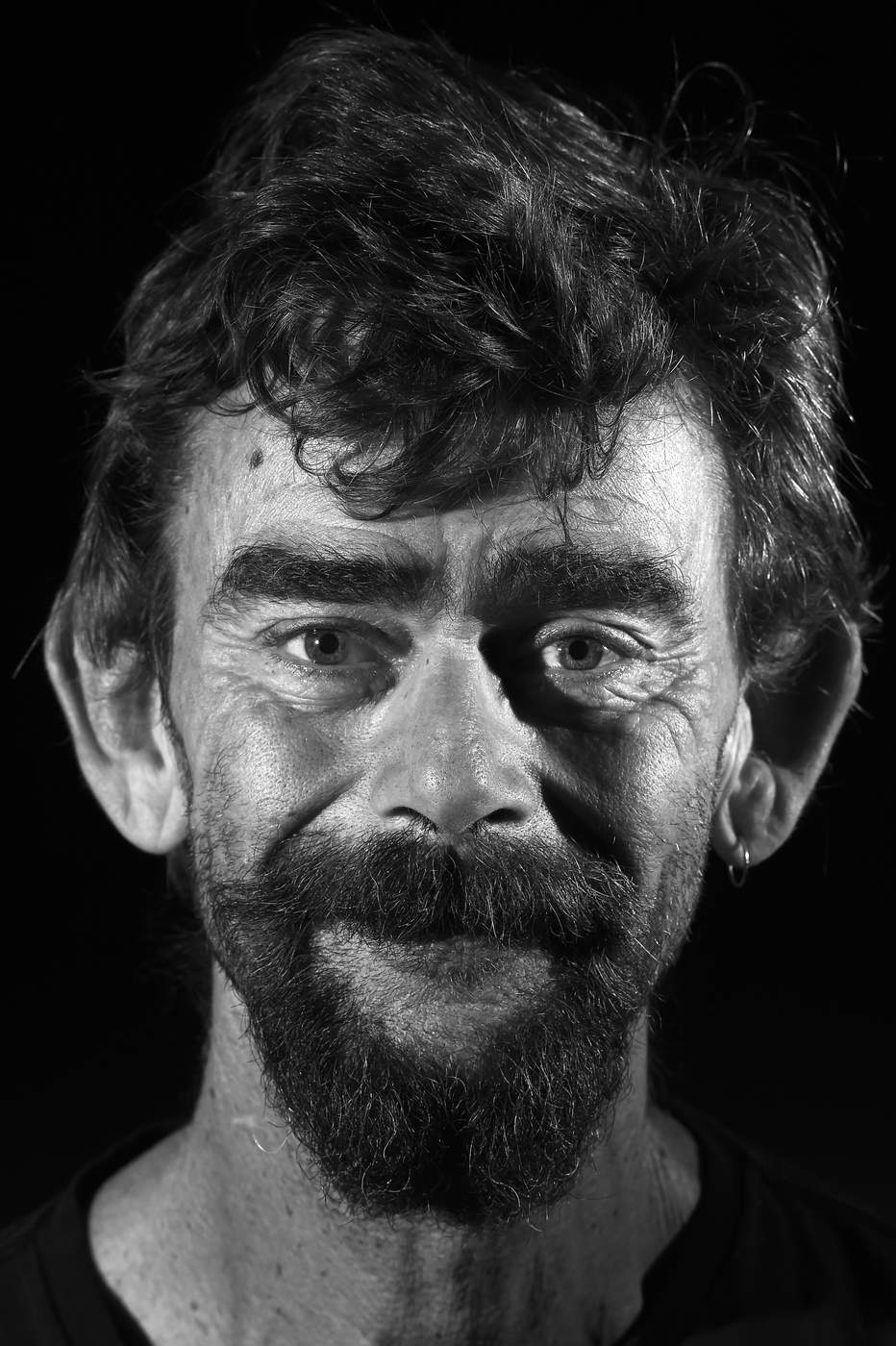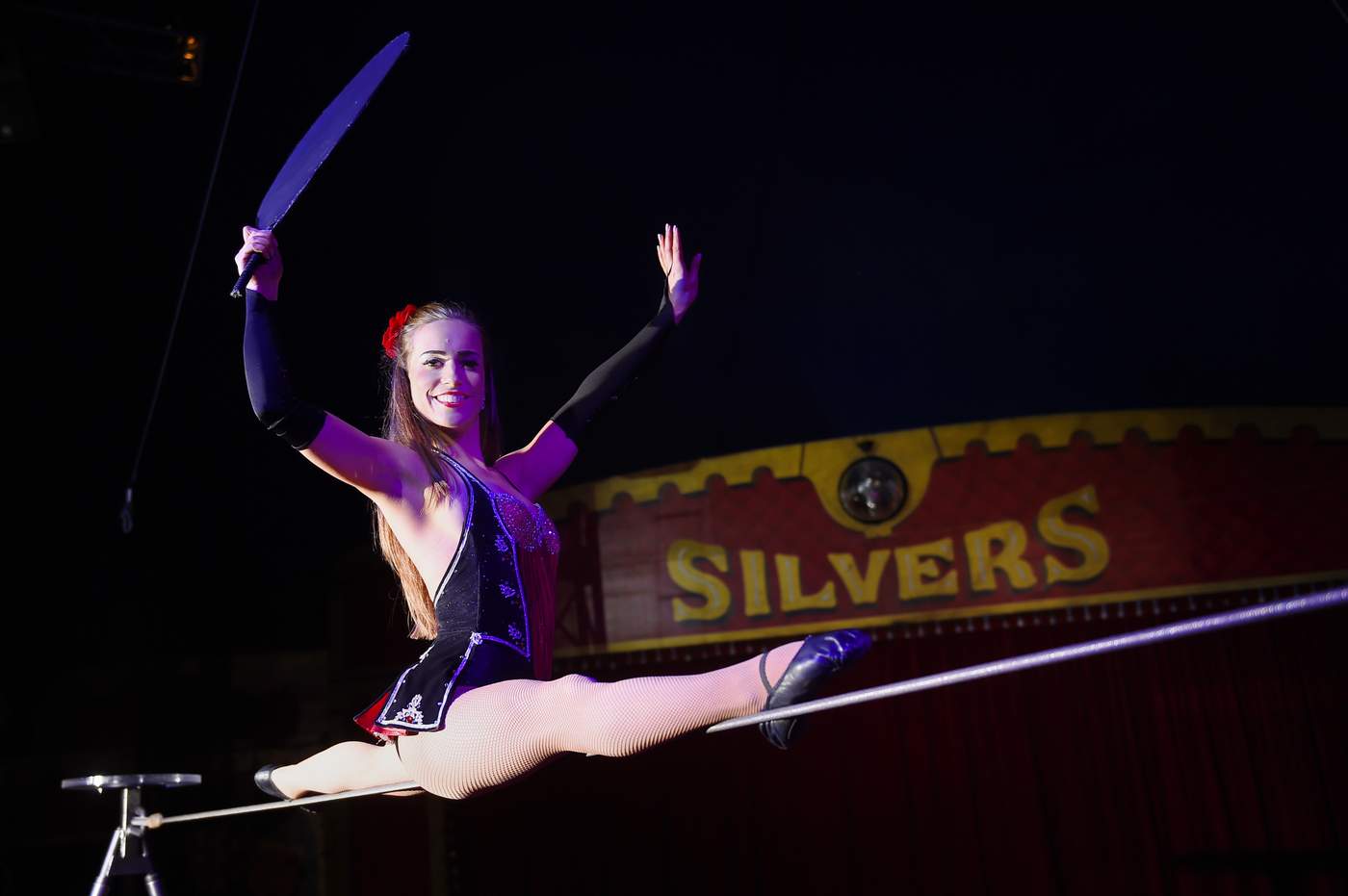Silvers Circus is an Australian institution. Founded by Anton and Anna Gasser in 1976, it was less than two years before they first performed in Ballarat, near Lake Wendouree in 1978. They’ve come back each year since.
Circus life is the stuff of myth and romance, of the trapeze and the lion tamer, the strong man and the clown. But the world has changed. Today the modern circus has released the animals, the elephants and monkeys. There’s a focus on human skills and daring - and yet the appeal of the clowns and the illusionists remain.
Most of circus life is hard work. When they are not performing, circus members are maintaining their equipment, pulling down or putting up tents, dealing with the public or simply travelling. It’s a unique lifestyle, unchanged in many ways from the past and yet always in evolution.
We spoke to five members of Silvers Circus about their lives.
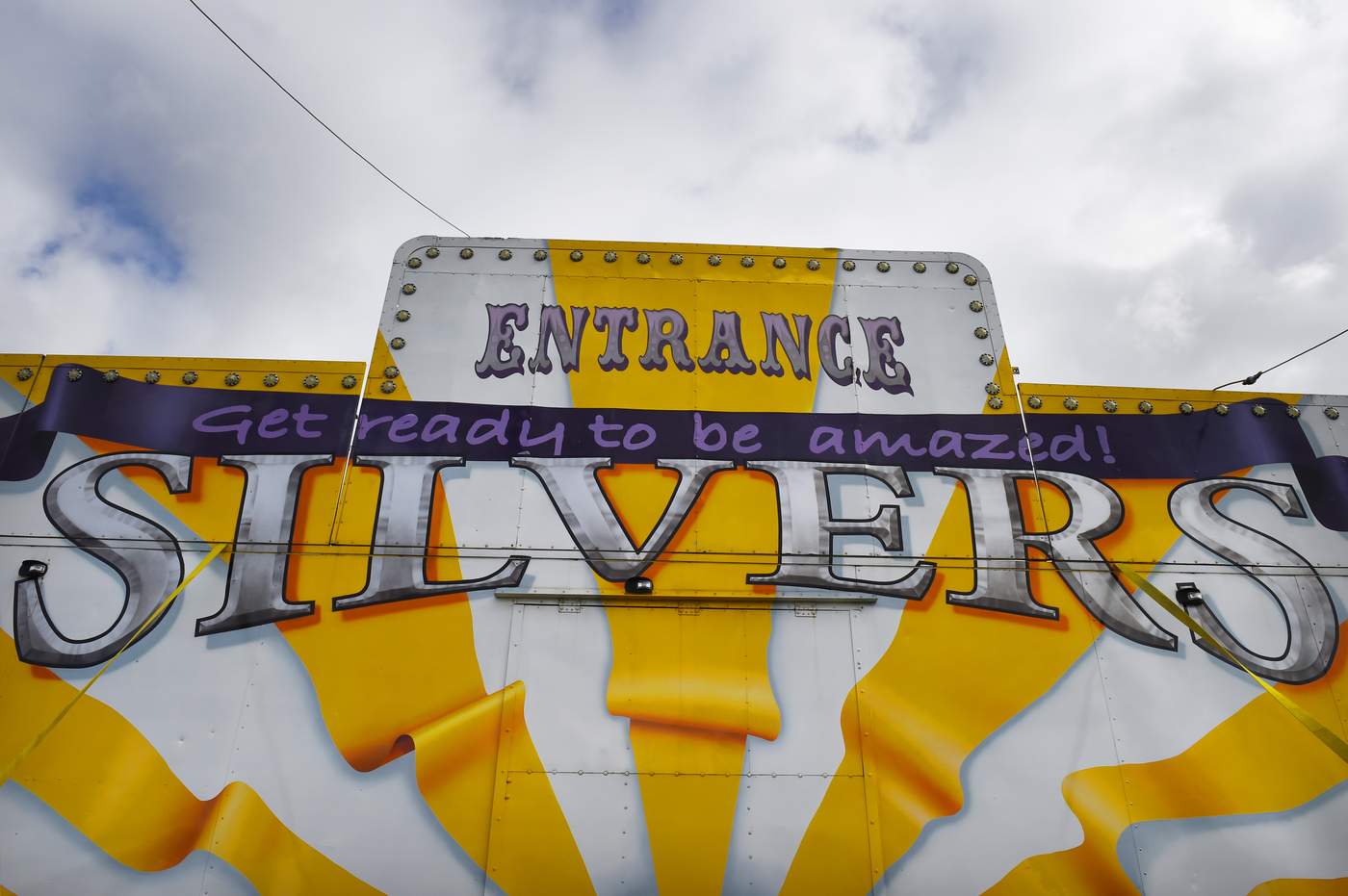
Stagehand
What do you do with the circus?
A bit of everything. Pretty much backstage work: set up props, pull down props and make sure that acts are ready to go on stage and and so on.
It must be of a lot of work just putting up and pulling down the Big Top?
Put up and pull down is four days of pretty much nonstop work. The big top weighs 18 or 19 tons. It's supported by these four king poles; they are rated to 42 tons.
How do you put it up?
Well the poles themselves are all done electrically, the king poles go up electrically. The tent itself, the cupola is winched up by hand but the bail rings outside the four king poles get lifted by motor. Sometimes it’s four days’ work for a week-long show. We left Bacchus Marsh after a week show.
How did you end up with Silvers? Is it in your blood?
Long story short: I’ve got green blood. I was an army brat as a child; I was in the army as well. I’ve travelled all my life. Fifteen years ago, sixteen years ago I was at unemployed looking for some work. I was in Wagga at the time and Silvers was in town. I had a driver’s licence and away I went. I haven't been here the whole time, this is my third time with them. I’ve been back here now twelve months.
So what's unique about circus life?
Meeting new people every day. Easiest, simplest answer. I enjoy people contact. I've always done it. I used to do show work as well, as in showgrounds; putting up rides.
What's the difference between doing showground work and doing circus?
Circus is - it’s not so much repetitive as constant. You know - it's the same job. Everywhere you go, whether it's bitumen, grass, dirt - whatever. It’s always put up the same way, it’s always pulled down the same way. The routine becomes a part of your life.
Probably one of the best things about circus life is you go to bed in the night, and the last thing you see is the lights go out on the tent. You get up in the morning, the first thing you see is the tent when you open the door. So it just becomes a natural life.
You make it look easy.
Well I reckon it's my job to make it look easy. I mean it's the rhythm. It's the rhythm of the wheel and it's allowing yourself to be fully immersed in that rhythm. Because if you don't do that then you're constantly going against the weight of the wheel and then it just doesn't work.
That’s quite philosophical.
Yes, yes.
Is there anything you find troubling about being on the road eleven months of the year?
Lots of things. I think it's just missing out on a lot of family events: weddings, birthdays. I work with other companies as well, so I'm in and out. I'm off to Cirque du Soleil later this year.
Do you have an agent or do you do your own contracts?
I do all my own contracts, all my own stunts.
Multitalented! I should let you get on with your busy day.
Yeah. I have to go grocery shopping. It can be mundane.
